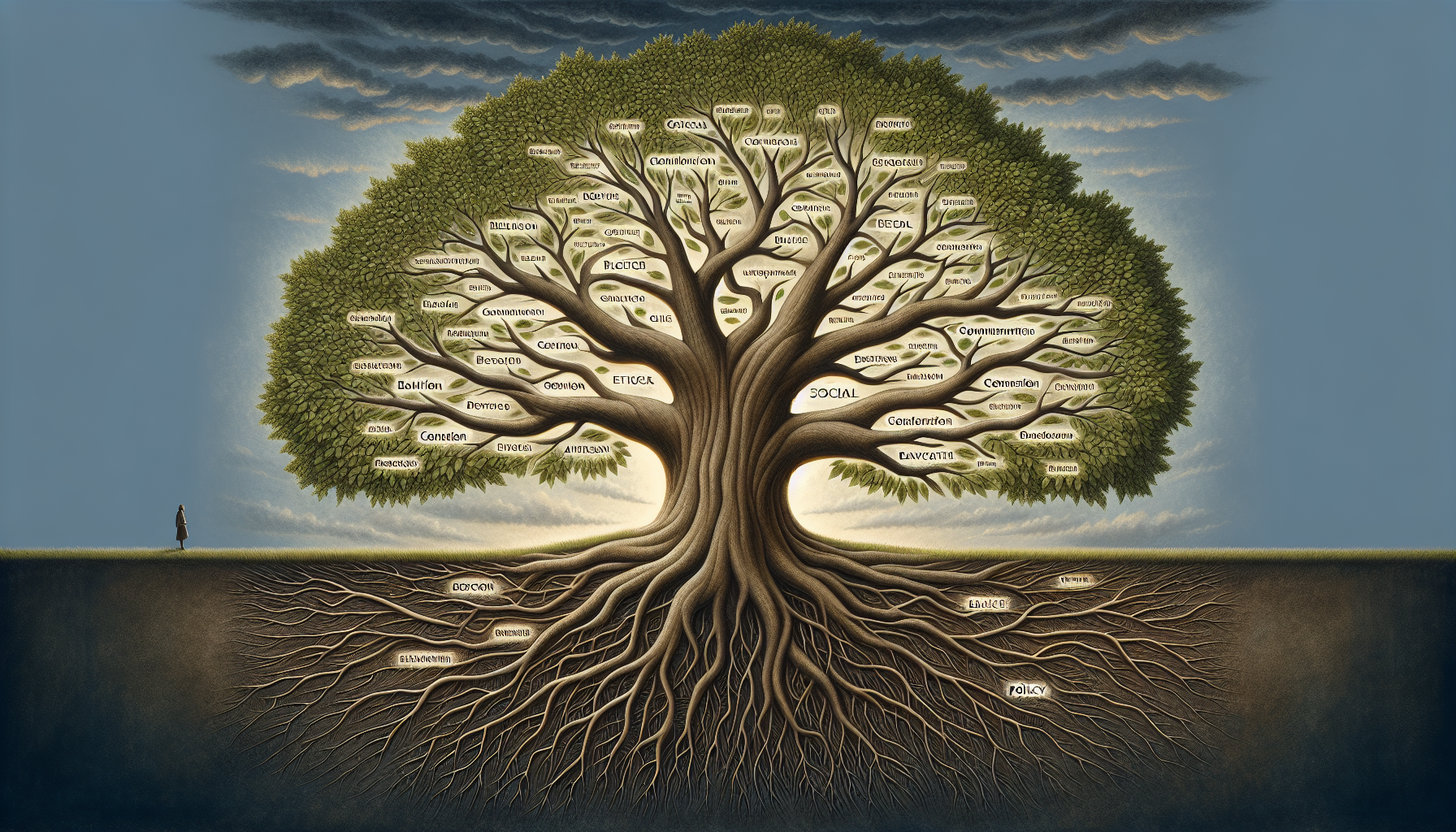Exploring Non-Traditional Career Paths for Social Workers

Social workers possess a deep understanding of social issues and the systemic structures that affect marginalized populations. This knowledge positions them perfectly for roles in policy advocacy. Here, social workers can influence legislation and contribute to systemic change by collaborating with governmental and non-governmental organizations. Example: Consider a social worker who transitions into a policy role within a nonprofit organization devoted to addressing homelessness. Drawing from their frontline experience, they can effectively convey the needs of the homeless community to lawmakers, advocating for policies that enhance resources and support systems for vulnerable populations. This direct involvement in policy-making can lead to significant changes in how societal issues are addressed at a legislative level.
Corporate Social Responsibility (CSR)
In a world where businesses increasingly recognize the importance of social impact alongside profitability, social workers can significantly contribute to CSR initiatives. These professionals can help design and implement programs that not only benefit communities but also align with corporate values. Example: A social worker might collaborate with a large corporation to create a community outreach program aimed at addressing local food insecurity. By utilizing skills in assessment and program planning, they can foster initiatives that not only help the community but also enhance the company’s public image and employee engagement. This approach creates a symbiotic relationship where both the community and the corporation thrive.
International Development
For social workers driven by global issues, international development offers a compelling career path. This field involves working with international organizations, NGOs, and governments to tackle challenges such as poverty, health disparities, and education gaps. Social workers can apply their skills in community organization, research, and program evaluation to create impactful change in under-resourced communities worldwide. Example: A social worker might join an international NGO focused on improving maternal health in developing countries. By engaging with communities and employing culturally sensitive methodologies, they can implement programs that enhance healthcare access and educate women about reproductive health. These initiatives can lead to improved health outcomes, showcasing the profound impact social workers can have on a global scale.
Research and Academia
Social workers can also carve out successful careers in research and academia, contributing to the field's knowledge base. Conducting research on social issues, evaluating programs, and educating future social workers are ways in which they can influence practice and policy effectively. This career pathway allows for a blend of theoretical exploration and practical application. Example: A social worker pursuing a Ph.D. may become a university professor, teaching courses on social justice while conducting research that informs best practices in the field. Their work could produce groundbreaking studies that shape social work education and practice, influencing future generations of social workers to adopt evidence-based approaches in their work.
The landscape of social work is evolving, presenting a wealth of opportunities beyond traditional roles. By exploring non-traditional career paths such as policy advocacy, corporate social responsibility, international development, and academia, social workers can leverage their expertise to create meaningful change in a variety of contexts. As the profession continues to adapt to the changing needs of society, embracing these unconventional pathways will not only enrich individual careers but also contribute to broader social justice efforts. Aspiring social workers should expand their vision of potential career trajectories, recognizing that their skills can be instrumental in fostering a more equitable world. In doing so, they can redefine what it means to be a social worker in the 21st century.
Policy Advocate
Nonprofit organizations, think tanks, and governmental agencies
Core Responsibilities
Develop and promote policies that address systemic social issues, such as homelessness, healthcare access, and education reform.
Collaborate with lawmakers and community organizations to present research and testimonies that support policy changes.
Monitor and evaluate the impact of existing policies on marginalized populations, providing recommendations for improvements.
Required Skills
Strong understanding of legislative processes and advocacy strategies.
Excellent communication and public speaking skills for engaging with diverse stakeholders.
Experience in data analysis and research to support policy recommendations.
Corporate Social Responsibility (CSR) Manager
Fortune 500 companies, multinational corporations, and corporate foundations
Core Responsibilities
Design and implement CSR programs that align with the company’s strategic goals and enhance community well-being.
Conduct assessments to identify community needs and measure the impact of CSR initiatives.
Foster partnerships between the corporation and local nonprofits to create mutually beneficial projects.
Required Skills
Experience in project management and program evaluation.
Strong interpersonal skills for building relationships with community leaders and stakeholders.
Knowledge of corporate sustainability practices and social impact metrics.
International Development Specialist
International NGOs, United Nations agencies, and government aid organizations
Core Responsibilities
Design and manage social programs focused on health, education, and economic development in low-income countries.
Conduct needs assessments and cultural evaluations to ensure program relevance and efficacy.
Collaborate with local governments and NGOs to implement sustainable development projects.
Required Skills
Proficiency in grant writing and fundraising for international projects.
Cultural competency and language skills relevant to the region of focus.
Experience in program monitoring and evaluation.
Academic Researcher in Social Work
Universities, research institutions, and academic think tanks
Core Responsibilities
Conduct empirical research on pressing social issues and publish findings in academic journals.
Teach university-level courses on social justice, ethics, and social policy.
Mentor graduate students and supervise research projects.
Required Skills
Advanced degree (Ph.D.) in social work or a related field.
Strong analytical skills and familiarity with qualitative and quantitative research methods.
Ability to secure research funding and collaborate with academic institutions.
Program Evaluator for Nonprofits
Nonprofit organizations, foundations, and government agencies focused on social programs
Core Responsibilities
Assess the effectiveness of social programs and interventions to determine their impact on the target population.
Develop evaluation frameworks and methodologies tailored to specific programs.
Prepare reports and presentations to share findings with stakeholders and inform future programming.
Required Skills
Expertise in program evaluation techniques and statistical analysis software (e.g., SPSS, R).
Strong written and verbal communication skills to convey complex information clearly.
Experience working with diverse communities and understanding their unique needs.


